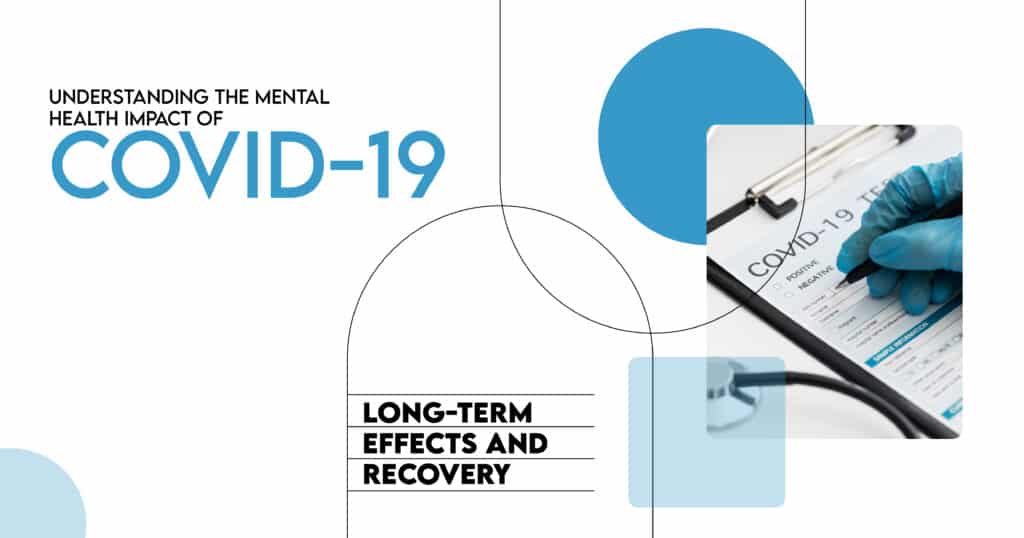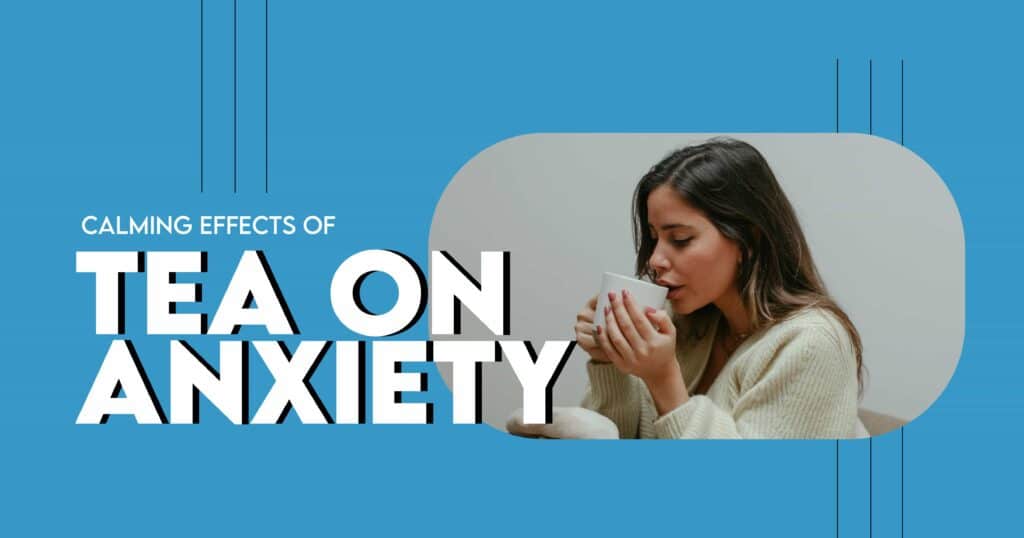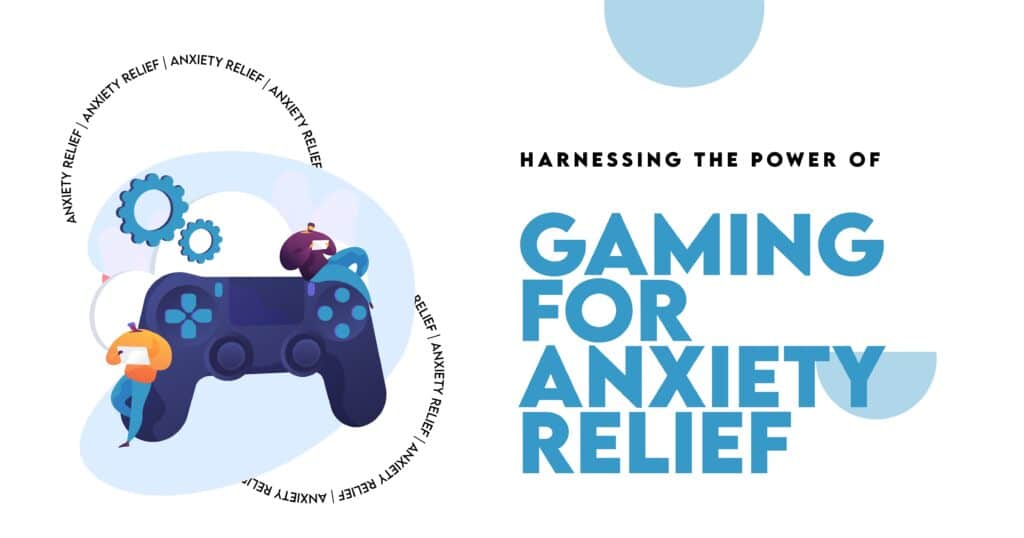The COVID-19 pandemic has been more than just a health crisis; it has also triggered an unprecedented mental health crisis. From anxiety and depression to long-term psychological effects, the pandemic’s impact on mental well-being has been profound and far-reaching.
Essential Takeaways
- The Mental Health Impact of COVID-19 is Significant: Understanding the range of mental health issues caused by the pandemic is crucial for addressing and managing them effectively.
- Coping Strategies and Support Are Key: Implementing healthy coping mechanisms and seeking professional and social support can significantly improve mental well-being.
- Ongoing Awareness and Resources Are Essential: Continued awareness and access to mental health resources are vital for long-term recovery and support.
In this post, we’ll explore the various mental health challenges brought about by COVID-19, the factors contributing to these issues, and effective strategies for coping and recovery. Let’s dive into understanding how the pandemic has affected mental health and what can be done to help those struggling with its effects.
The Mental Health Impact of COVID-19: An Overview
Immediate Psychological Effects
When the pandemic first struck, it was like a sudden, massive storm. The global lockdowns, sudden shifts to remote work, and pervasive uncertainty threw everyone into a state of emotional turbulence. The immediate psychological effects of COVID-19 were marked by a surge in anxiety, stress, and depression.
According to studies conducted during the early phases of the pandemic, there was a significant increase in mental health issues. For instance, research published in The Lancet highlighted that anxiety and depression rates soared globally, with many people reporting feelings of fear, panic, and overwhelm due to the virus’s uncertainty. The abrupt changes in daily life, including isolation and disruptions to routines, exacerbated these feelings, making it clear that the pandemic was impacting mental health on a large scale.
Long-Term Psychological Effects
As the pandemic dragged on, it became apparent that the psychological toll wasn’t just a temporary surge but something that would have lasting effects. Long-term impacts of COVID-19 on mental health include chronic anxiety, depression, and PTSD. Studies have shown that even after the pandemic’s peak, many individuals continue to struggle with mental health issues related to their experiences during the crisis.
A study from Harvard Medical School revealed that prolonged exposure to pandemic-related stressors could lead to persistent mental health problems. Individuals who experienced significant stress during the pandemic were at a higher risk of developing long-term mental health conditions. The pandemic has also led to an increased awareness of the importance of mental health, highlighting the need for ongoing support and resources.
Factors Contributing to Mental Health Issues During the Pandemic
Social Isolation and Loneliness
One of the most significant contributors to mental health issues during the pandemic was social isolation. With lockdowns and social distancing measures in place, people found themselves cut off from their usual social interactions. This isolation led to feelings of loneliness and exacerbated existing mental health issues.
The impact of social isolation on mental health has been well-documented. Research from The Journal of Psychological Research found that prolonged loneliness can contribute to a range of mental health issues, including depression and anxiety. Social connections are essential for mental well-being, and the lack of face-to-face interactions during the pandemic has underscored this need.
Economic and Employment Challenges
The economic fallout from the pandemic also took a toll on mental health. Job losses, financial instability, and economic uncertainty added another layer of stress. Many individuals faced the dual challenge of managing their mental health while also dealing with significant financial strain.
According to data from the U.S. Bureau of Labor Statistics, unemployment rates surged during the pandemic, leading to increased financial stress for many families. This economic strain has been linked to higher rates of anxiety and depression, as individuals grappled with uncertainty about their financial futures.
Health Anxiety and COVID-19 Fears
Fear of contracting COVID-19 and concerns about the health of loved ones also played a significant role in mental health issues. The constant barrage of news about the virus, combined with the fear of becoming seriously ill, contributed to heightened anxiety.
Research published in The American Journal of Psychiatry found that health anxiety related to COVID-19 was prevalent among many individuals. The fear of illness, coupled with the stress of managing health-related concerns, created a perfect storm for mental health challenges.
Recognizing the Signs of Mental Health Issues
Common Symptoms of Pandemic-Related Mental Health Issues
Identifying mental health issues is crucial for getting the appropriate help. Common symptoms of anxiety, depression, and PTSD related to the pandemic include:
- Anxiety: Persistent worry, restlessness, and difficulty concentrating.
- Depression: Feelings of sadness, hopelessness, and loss of interest in activities once enjoyed.
- PTSD: Flashbacks, nightmares, and severe anxiety related to traumatic experiences.
These symptoms can manifest in various ways, affecting daily life and overall well-being. It’s important to be aware of these signs to seek help early and address the issues effectively.
When to Seek Professional Help
Knowing when to seek professional help can make a significant difference in managing mental health issues. If symptoms of anxiety, depression, or PTSD persist or worsen, it’s crucial to reach out to a mental health professional. Therapy and counseling can provide valuable support and strategies for managing these conditions.
Professional help can include therapy, medication, or a combination of both. A mental health professional can help develop a personalized treatment plan to address specific needs and challenges.
Strategies for Coping with Mental Health Challenges
Developing Healthy Routines
Creating a structured daily routine can be incredibly beneficial for managing stress and anxiety. A routine provides a sense of normalcy and helps in maintaining mental well-being. Here are some tips for developing a healthy routine:
- Establish Regular Sleep Patterns: Aim for a consistent sleep schedule to improve sleep quality and overall mental health.
- Incorporate Physical Activity: Regular exercise can help reduce stress and improve mood.
- Set Daily Goals: Having clear, achievable goals can provide a sense of purpose and accomplishment.
Building Social Connections
Maintaining social connections is essential for mental health. Even if physical distancing is necessary, there are ways to stay connected with loved ones:
- Virtual Meetups: Use video calls and online platforms to stay in touch with friends and family.
- Support Groups: Join online support groups or forums where you can connect with others facing similar challenges.
- Regular Check-Ins: Make an effort to regularly reach out to loved ones to maintain relationships.
Practicing Self-Care and Mindfulness
Self-care and mindfulness practices can play a crucial role in managing mental health. Incorporating these practices into daily life can help reduce stress and promote well-being:
- Mindfulness Meditation: Practice mindfulness techniques to stay grounded and manage anxiety.
- Journaling: Keep a journal to express feelings and reflect on experiences.
- Engage in Hobbies: Dedicate time to activities you enjoy, whether it’s reading, painting, or gardening.
Long-Term Recovery and Support
Building Resilience and Adaptability
Resilience is the ability to bounce back from adversity, and building resilience can help in adapting to new normalcy. Strategies for building resilience include:
- Developing a Growth Mindset: Embrace challenges as opportunities for growth and learning.
- Seeking Support: Lean on support networks and professional help to navigate challenges.
- Focusing on Strengths: Identify and build on personal strengths to enhance resilience.
Accessing Mental Health Resources
Accessing mental health resources is vital for recovery. There are various resources available, including:
- Therapy and Counseling: Professional therapy can provide support and strategies for managing mental health issues.
- Support Hotlines: Helplines and crisis support services offer immediate assistance.
- Online Resources: Many organizations provide online resources, including self-help tools and educational materials.
The Role of Community Support
Community support plays a significant role in mental health recovery. Community initiatives, support groups, and local organizations can provide valuable assistance and resources. Examples include:
- Local Support Groups: Join local groups that focus on mental health and recovery.
- Community Events: Participate in community events that promote mental health awareness and support.
- Volunteer Opportunities: Engaging in volunteer work can provide a sense of purpose and connection.
FAQs
What are the most common mental health issues related to COVID-19?
Common mental health issues related to COVID-19 include anxiety, depression, PTSD, and stress-related disorders. These issues have been widespread due to the pandemic’s disruptions and uncertainties.
How can I tell if I need professional help for my mental health?
If you are experiencing persistent symptoms of anxiety, depression, or PTSD that affect your daily life, it’s essential to seek professional help. Look for signs such as difficulty functioning, severe mood changes, and prolonged distress.
What are some effective coping strategies for managing pandemic-related anxiety?
Effective coping strategies include developing a healthy routine, practicing mindfulness, staying connected with loved ones, and engaging in self-care activities. These strategies can help manage anxiety and improve overall well-being.
How can social isolation impact mental health during the pandemic?
Social isolation can lead to feelings of loneliness, depression, and anxiety. The lack of social interaction and support can exacerbate existing mental health issues and contribute to new ones.
What role does community support play in mental health recovery?
Community support provides valuable resources, connections, and assistance during recovery. Engaging with support groups, participating in community events, and accessing local resources can aid in mental health recovery and provide a sense of belonging.








